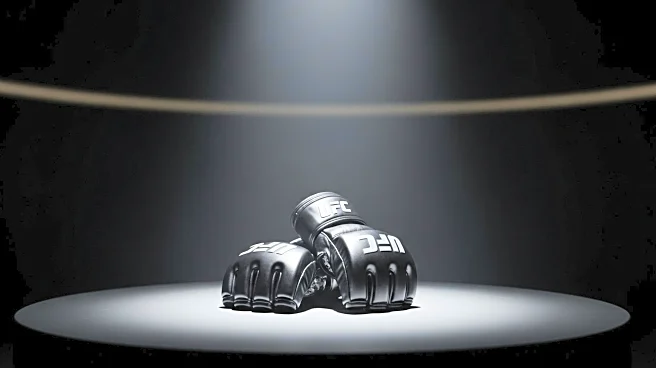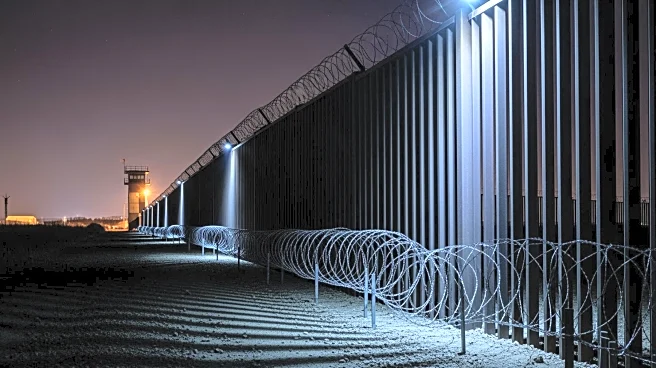What is the story about?
What's Happening?
Conor McGregor, a former two-weight UFC champion, has accepted an 18-month suspension from the UFC's anti-doping program, Combat Sports Anti-Doping (CSAD). The ban is due to McGregor's failure to provide his whereabouts for drug testing on three occasions in 2024. This suspension is retroactive from September 20, 2024, and will last until March 20, 2026. Despite the ban, McGregor has expressed a strong desire to participate in a UFC event scheduled at the White House in June 2026. However, fans and commentators speculate that this suspension might mark the end of McGregor's fighting career, as he has not competed since July 2021.
Why It's Important?
The suspension of Conor McGregor, one of the most high-profile figures in mixed martial arts, has significant implications for the UFC and its fan base. McGregor's absence from the sport could impact the UFC's viewership and revenue, given his substantial following and ability to draw large audiences. Additionally, the suspension highlights the importance of compliance with anti-doping regulations in maintaining the integrity of the sport. The decision also raises questions about the future of high-profile events, such as the planned UFC card at the White House, and whether McGregor's participation is essential for their success.
What's Next?
With McGregor's eligibility to return in March 2026, the UFC must decide whether to include him in the White House event. UFC CEO Dana White has stated that negotiations for the event will not begin until February 2026, leaving McGregor's participation uncertain. The UFC will need to consider the potential impact of McGregor's involvement on the event's success and the message it sends about adherence to anti-doping policies. Fans and stakeholders will be watching closely to see how the UFC navigates this situation and whether McGregor will make a comeback.














